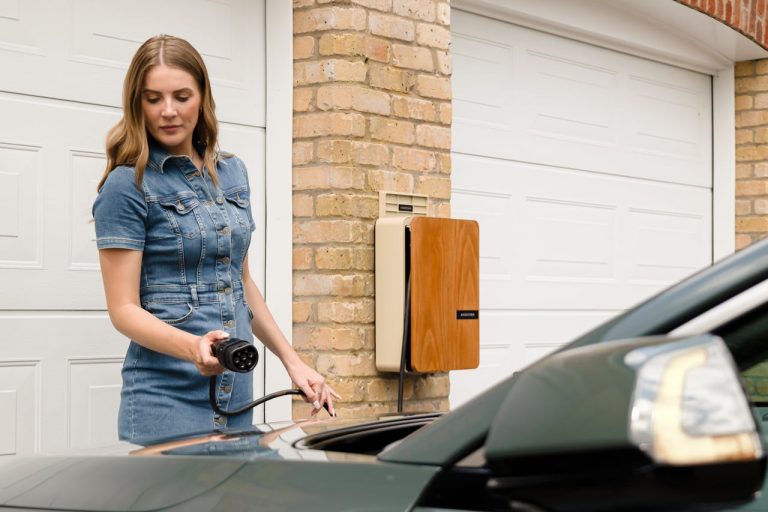We’ve talked about electric vehicles before, and one key component every electric vehicle needs is a battery. As electric vehicle manufacturing picks up, the demand for batteries naturally increases as well. So let’s talk about the ‘Battery Belt.’
What is the Battery Belt?
Over the past few years, several multibillion-dollar battery-making factories have begun construction or operation in the Southeast U.S. in states such as Georgia, Tennessee, Kentucky, and the Carolinas. Similar to how the north and Midwest regions that once dominated the manufacturing industry were referred to as the Steel Belt – now the Rust Belt after a dramatic decline in industrialization during the 1960s and 1970s – this Southeast region has been dubbed the ‘Battery Belt’ of the United States.
The Southeast states have seen a decline in textile and furniture manufacturing for decades and these new battery plants have been ‘reinvigorating’ the local economy with what many believe are better jobs. As a business reporter, it’s important to know why companies are specifically choosing this region.
Why the Southeast?
Although battery plants are being proposed in many regions of the U.S. – including Rust Belt states such as Michigan, Ohio, and Indiana – the vast majority are in the Southeast region. For example, between 2021 and 2022 alone, 15 new lithium-ion battery factories or expansions were announced in this area, representing a potential $40 billion investment. So why this region?
To begin, lithium-ion batteries are subject to very strict safety regulations, and transporting them far is expensive. Therefore, many of these factories are being proposed and built near current electric vehicle manufacturing hubs. This is also why the Battery Belt is expanding all the way up to Michigan as GM and Ford invest in electric vehicles.
Companies are attracted to the Southeast, in large part due to the abundance of land and local tax incentives. For example, a gigafactory in North Carolina has received $3.2 million in incentive grants from the state after pledging certain salary levels for future employees.
There may also be other reasons that make these states attractive to companies. As one advocate group told The Tennessean, “When you look at who’s doing the investment, it’s typically non-union companies moving into states with legacies of worker exploitation, low pay and less than good jobs.” With fewer unions in the South, factories are able to have more flexibility in the workers they hire. However, this has not stopped workers from fighting for unionization in these regions.
Other things to know
As more factories open to produce batteries, more jobs will be needed. To get ahead of that demand, the Department of Energy launched a Battery Workforce Initiative to train the next generation of workers in this industry. This initiative aims to identify the core skills needed and ensure programs nationwide are teaching those skills.
Additionally, the Inflation Reduction Act was signed into law in August 2022, which contains $369 billion in investments to boost clean energy – lithium-ion battery manufacturing falls into that category. Those tax breaks and loans are projected to drive a manufacturing renaissance that supports every stage of the electric vehicle industry.
One of those stages is battery recycling, which is a sector of the industry that is also growing, and another business for journalists to cover.







